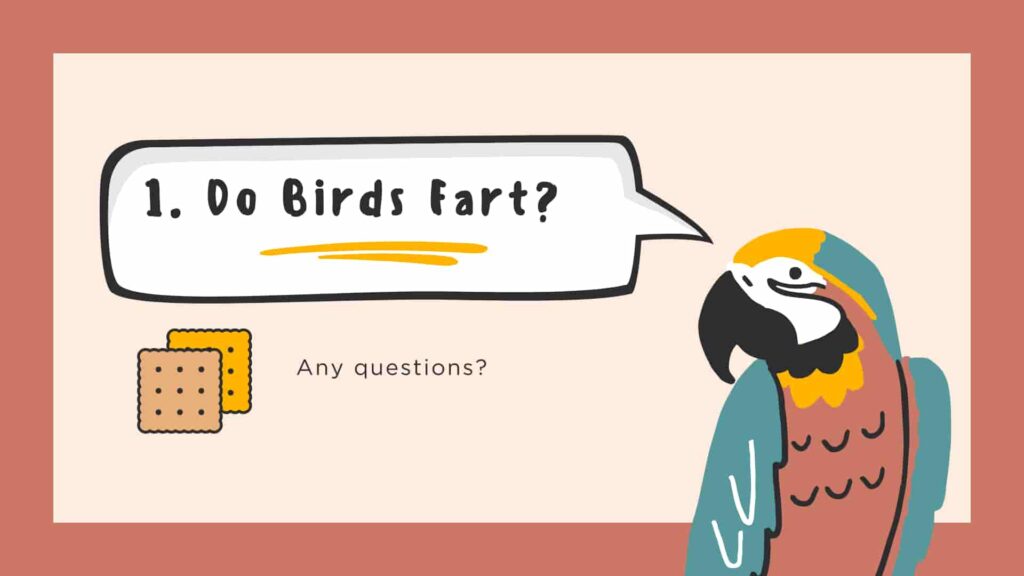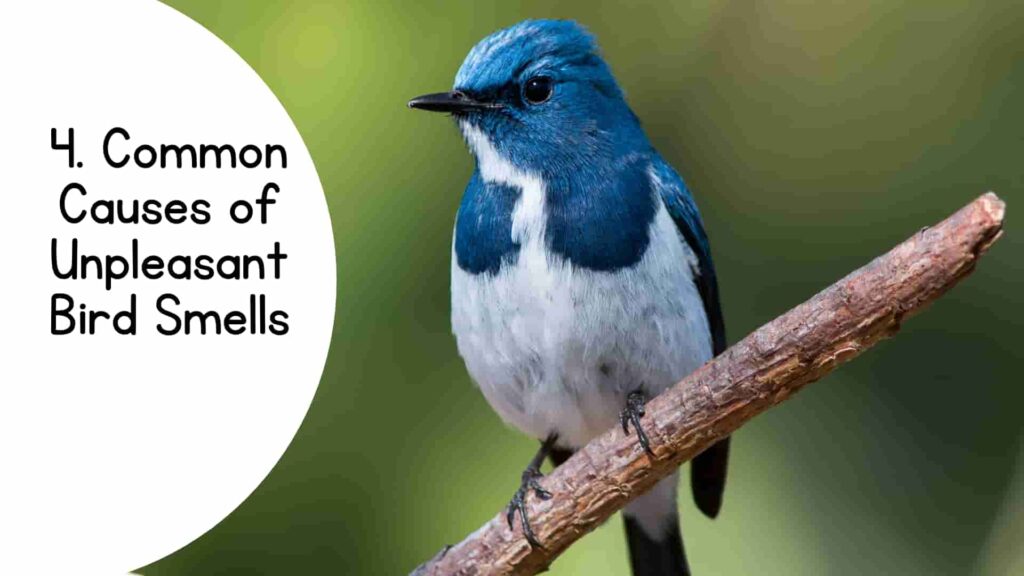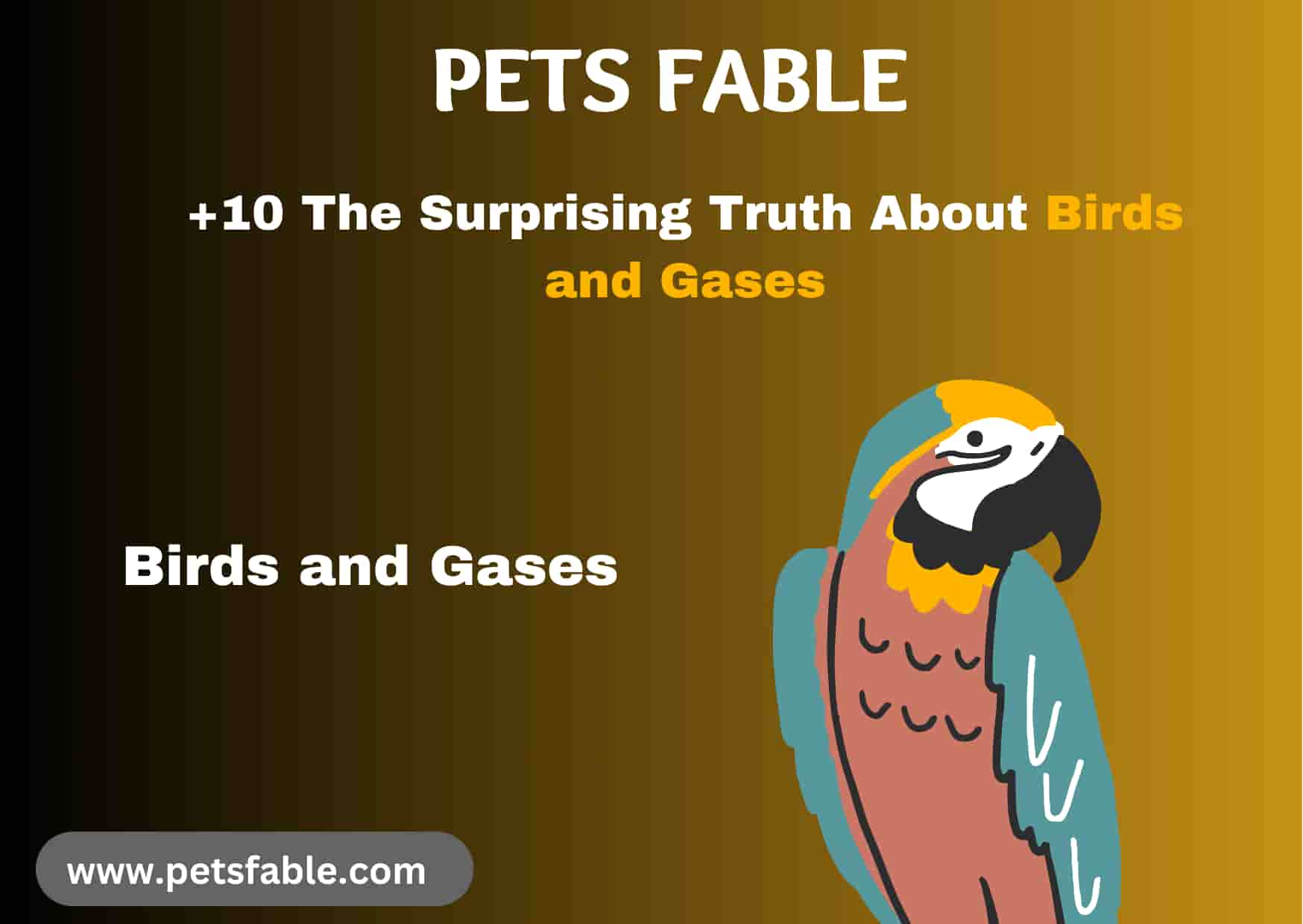Birds are fascinating creatures, but some aspects of their biology leave us scratching our heads—like whether they fart or burp.
If you’ve ever noticed a strange smell around your feathered friend, you might wonder if it’s coming from their digestive system. In this guide, we’ll explore whether birds fart or burp, why certain odors occur, and what it means for their health.
Table of Contents
- Do Birds Fart?
- Do Birds Burp?
- Why Do Birds Produce Odors?
- Common Causes of Unpleasant Bird Smells
- How to Keep Your Bird Smelling Fresh
- Frequently Asked Questions
1. Do Birds Fart?
The short answer is no, birds don’t fart—at least not in the way mammals do. Flatulence occurs when gas builds up in the digestive system and is expelled through the anus. Birds have a highly efficient digestive system designed to process food quickly and leave minimal waste, so there isn’t much time for gas to build up.

Why Don’t Birds Fart?
- Birds lack the gut bacteria that produce significant amounts of gas during digestion.
- Their lightweight bodies are optimized for flight, meaning they evolved to avoid carrying excess waste or gas.
While it’s possible for a small amount of gas to escape their cloaca (the single exit for waste and reproduction), it’s rare and usually odorless.
2. Do Birds Burp?
Similar to farting, birds don’t burp either. Burping occurs when excess air in the stomach is expelled through the mouth. Birds have a different digestive anatomy, with a crop—a pouch that temporarily stores food before digestion—but no mechanism to release air from it.
Read more: can-parrots-eat-watermelon
What About Air in Their System?
Occasionally, birds may release small amounts of air through their beaks during vocalization or preening, but this isn’t the same as a burp. If a bird appears to be regurgitating air, it could indicate a health issue.
3. Why Do Birds Produce Odors?
While birds don’t fart or burp, they can sometimes emit unpleasant smells. These odors usually stem from:
- Droppings: Bird feces can smell if not cleaned promptly.
- Diet: Certain foods can produce a stronger scent in waste.
- Feathers: Poor hygiene or infection may cause feathers to smell.
Most healthy birds don’t have a noticeable odor, so a persistent smell might signal an underlying problem.
4. Common Causes of Unpleasant Bird Smells
A. Poor Cage Hygiene
If droppings, food scraps, or spilled water accumulate in the cage, bacteria and mold can grow, leading to unpleasant odors.
Solution: Clean the cage regularly, including perches, toys, and feeding bowls.
B. Infections
Bacterial, fungal, or yeast infections in the bird’s skin, feathers, or digestive system can cause foul smells. For example:
- Candidiasis: A fungal infection that can create a sour odor.
- Crop Stasis: When food remains in the crop too long, it ferments and smells bad.

Solution: Consult an avian veterinarian if you notice unusual smells or symptoms like lethargy, loss of appetite, or visible discharge.
C. Diet
Foods like garlic, onions, or certain seeds may affect the smell of a bird’s droppings. While these foods should generally be avoided, even healthy diets can result in odor changes.
Solution: Provide a balanced diet of seeds, pellets, fruits, and vegetables that are bird-safe.
D. Wet Feathers
If your bird gets wet, their feathers might emit a temporary “wet bird” smell due to natural oils. This is usually harmless.
Solution: Allow the bird to dry in a warm, draft-free area after bathing.
Read more: 10-best-beagle-pros-and-cons-ideal-dog-or-not
5. How to Keep Your Bird Smelling Fresh
A. Maintain Cage Cleanliness
- Remove droppings and leftover food daily.
- Wash food and water bowls with soap and hot water.
- Deep clean the cage weekly using bird-safe disinfectants.
B. Provide Regular Baths
Encourage your bird to bathe regularly to keep their feathers clean and free of dust. Use lukewarm water and avoid any soaps unless prescribed by a vet.
C. Monitor Their Diet
Feed your bird a well-balanced diet and avoid foods that could upset their digestive system or produce strong odors.
D. Regular Health Check-Ups
Take your bird to an avian vet for regular check-ups to catch any potential health issues early.
Read more: Regular Health Check-Ups
FAQ’s:
Q1. Can birds make noise when passing gas?
No, birds don’t produce noticeable noises when releasing gas due to the absence of significant gas buildup in their digestive system.
Q2. Why does my bird smell bad suddenly?
A sudden bad smell may indicate poor hygiene, dietary changes, or a health issue like an infection. Consult a vet if the odor persists.
Q3. How can I tell if my bird’s diet is causing odors?
Monitor your bird’s droppings after introducing new foods. If the smell worsens, eliminate the suspected food and consult a vet if necessary.
Q4. Are there any birds that fart or burp?
No birds are known to fart or burp as part of their normal digestive process. However, gas expulsion is possible under rare, abnormal conditions.
Q5. Should I worry about a bird’s breath?
A bird’s breath is usually neutral. If you notice a foul smell, it could indicate an infection in their beak, crop, or respiratory system.
Conclusion
While birds don’t fart or burp like mammals, they can still produce odors due to dietary factors, hygiene issues, or health conditions.
Maintaining a clean environment, offering a balanced diet, and monitoring their health are key to keeping your feathered friend fresh and happy. If you ever notice persistent smells, consult an avian veterinarian to ensure your bird stays in top shape.
